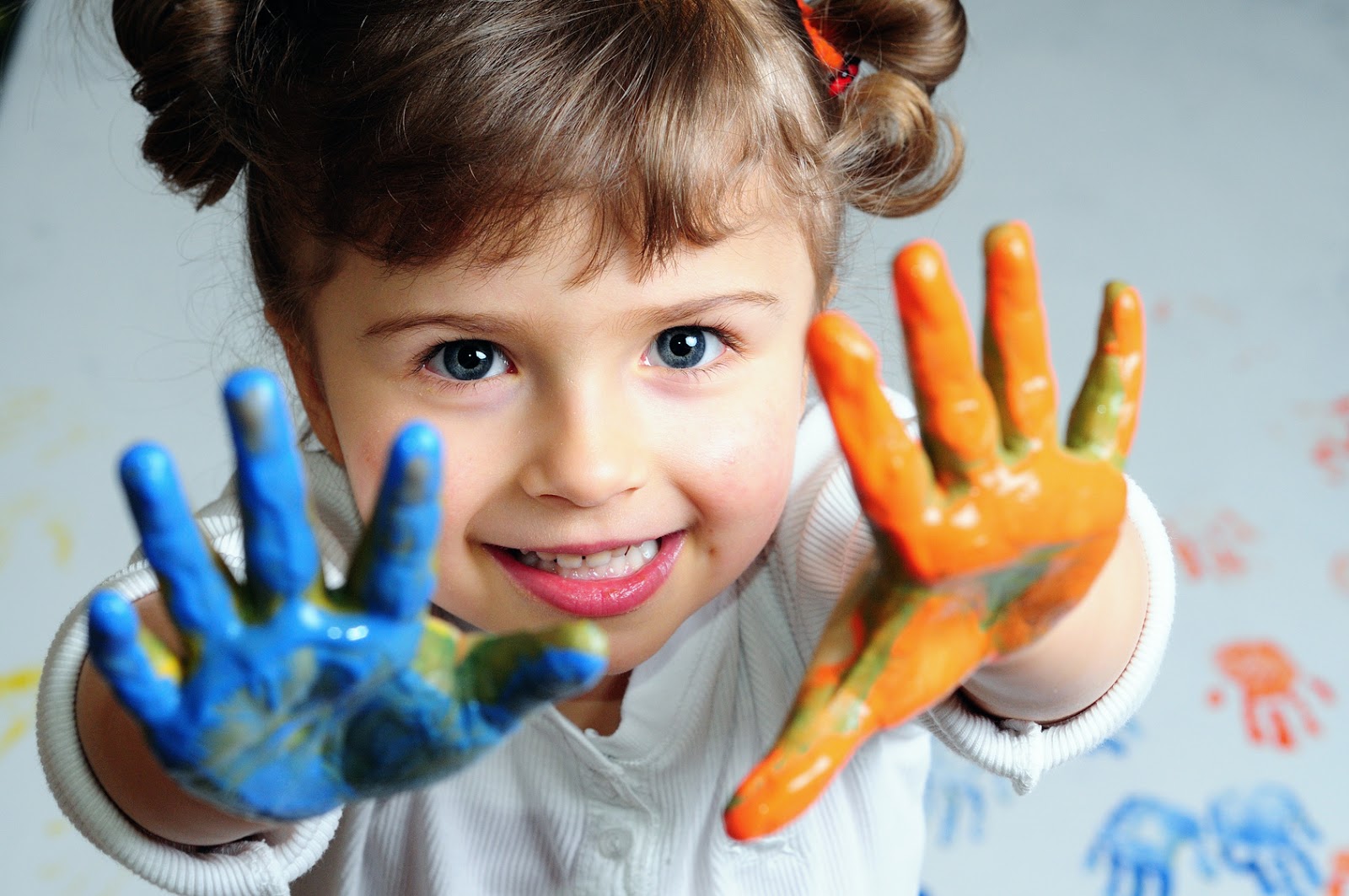Childhood, or "pasar la infancia" in Spanish, is a magical period filled with curiosity, exploration, and the laying of foundational experiences that shape our future selves. In 2024, as we navigate a rapidly changing world, understanding and embracing the nuances of childhood has never been more important. This article explores the significance of childhood, offering insights and tips on how to nurture and celebrate this critical phase of life. By appreciating "pasar la infancia," we can enrich the lives of children and, by extension, our communities and society at large.
The Essence of Childhood
Childhood is often described as a time of innocence and wonder. It is during these years that individuals begin to develop their sense of self, forming the building blocks of their personality and worldview. In 2024, the essence of childhood remains anchored in play, discovery, and learning. However, the digital age presents both opportunities and challenges, influencing how children interact with the world. Understanding the core elements of childhood helps caregivers and educators provide environments that foster growth, creativity, and security, ensuring that children thrive during these formative years.
The Role of Play in Development
Play is an integral component of childhood, crucial for physical, social, and cognitive development. In 2024, the concept of play has expanded beyond traditional outdoor games to include digital and virtual experiences. While technology offers new avenues for creativity and learning, balancing screen time with physical activity is essential. Encouraging diverse types of play helps children develop problem-solving skills, emotional intelligence, and social interactions. Parents and educators should create a variety of play opportunities, from free play to structured activities, to support holistic development.
Balancing Technology and Tradition
The digital revolution has transformed childhood in unprecedented ways. Children today have access to vast amounts of information and digital tools that can enhance their learning experiences. However, it's important to strike a balance between technology and traditional childhood activities. Encouraging outdoor play, arts and crafts, and face-to-face interactions are vital for developing social skills and physical health. By blending technology with traditional activities, children can enjoy the best of both worlds, leading to a well-rounded upbringing.
The Importance of Family and Community
Family and community play pivotal roles in a child's upbringing. In 2024, the support structures surrounding children are more diverse than ever, ranging from nuclear families to extended networks and online communities. Strong family bonds provide children with a sense of belonging and security, while community engagement offers opportunities for socialization and cultural exposure. Encouraging family activities and community involvement nurtures empathy, cooperation, and a sense of responsibility. These elements are crucial for developing well-adjusted individuals who can contribute positively to society.
Cultural Influences on Childhood
Culture significantly impacts how childhood is experienced and perceived. In 2024, globalization has led to an exchange of cultural practices and values, influencing childhood across different regions. Understanding and respecting cultural differences in child-rearing practices can enhance inclusivity and appreciation for diversity. Parents and educators can introduce children to various cultural traditions, fostering open-mindedness and adaptability. By celebrating multiculturalism, we can help children develop a global perspective, preparing them for an interconnected world.
Educational Approaches and Innovation
Education is a cornerstone of childhood development. In 2024, educational approaches continue to evolve, incorporating technology and innovative teaching methods. Personalized learning, project-based education, and experiential learning are gaining popularity, catering to diverse learning styles and interests. These methods encourage critical thinking, creativity, and collaboration. Educators should integrate technology thoughtfully, ensuring it enhances rather than replaces traditional teaching methods. By adopting innovative educational practices, we can equip children with the skills needed to navigate the complexities of the modern world.
Fostering Emotional Well-being
Emotional well-being is a crucial aspect of childhood that influences long-term mental health and resilience. In 2024, the focus on mental health has intensified, with growing recognition of the importance of nurturing emotional intelligence from a young age. Children should be taught to identify and express their emotions healthily, developing coping mechanisms for challenges they may face. Mindfulness practices, open communication, and supportive environments can significantly enhance emotional well-being. By prioritizing mental health, we prepare children to face life's inevitable ups and downs with confidence and grace.
The Power of Imagination and Creativity
Imagination and creativity are vital components of childhood that fuel innovation and problem-solving abilities. In 2024, fostering these traits is crucial for navigating a world that demands adaptability and forward-thinking. Encouraging imaginative play, storytelling, and artistic expression nurtures creativity and provides children with tools to explore their inner worlds. Parents and educators should create environments that inspire curiosity and allow children to experiment without fear of judgment. By valuing imagination and creativity, we empower children to think outside the box and contribute original ideas to society.
The Impact of Global Challenges
In 2024, global challenges such as climate change, social inequality, and health crises have profound impacts on childhood. These issues shape the environments in which children grow and develop, influencing their perspectives and priorities. Educating children about these challenges in age-appropriate ways fosters awareness and responsibility. By involving children in solutions, such as community projects or environmental initiatives, we empower them to become active participants in creating a better future. This engagement not only builds resilience but also instills a sense of purpose and agency.
Conclusion: Nurturing the Future
As we journey through 2024, "pasar la infancia" remains a pivotal experience that shapes individuals and societies. By understanding the complexities of childhood and embracing its challenges and opportunities, we can nurture future generations to thrive in an ever-evolving world. Whether through play, education, family, or community, our efforts to support children's growth and development will pay dividends for years to come. By prioritizing the well-being and holistic development of children, we invest in a brighter, more equitable future for all.
Article Recommendations


